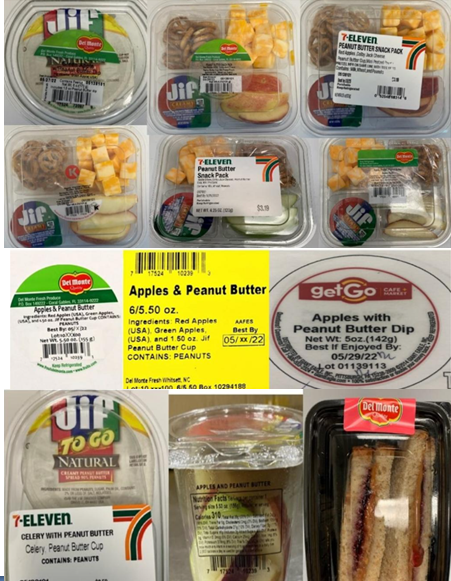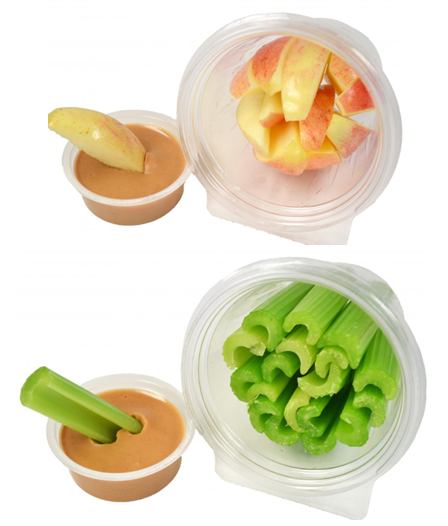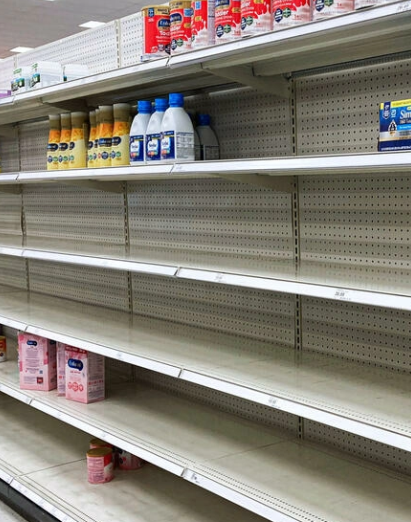The FDA reported that the recall of J.M. Smucker’s peanut butter due to Salmonella had prompted Fresh Del Monte to recall fresh-cut fruit and vegetable products containing ready-to-eat JifÒ peanut butter dip due to Salmonella contamination. Fresh Del Monte recalled the following products, which were sold to retailers nationwide: Del Monte Apples with Peanut Butter (5 ounce) Peanut Butter Snack Pack (4.25 ounce), Apples and Peanut Butter (6 ounce, and 5.5 ounce), and Sandwich with Peanut Butter Cup. The recall of fresh-cut fruits and vegetables are packaged in clear plastic containers with a tamper-evident seal and identified with a Del Monte “Best If Used By” (DM BIUB) date on, or before, May 30, 2022. @ https://www.fda.gov/safety/recalls-market-withdrawals-safety-alerts/supplier-jm-smucker-cos-jif-recall-prompts-fresh-del-monte-voluntarily-recall-select-ready-eat




